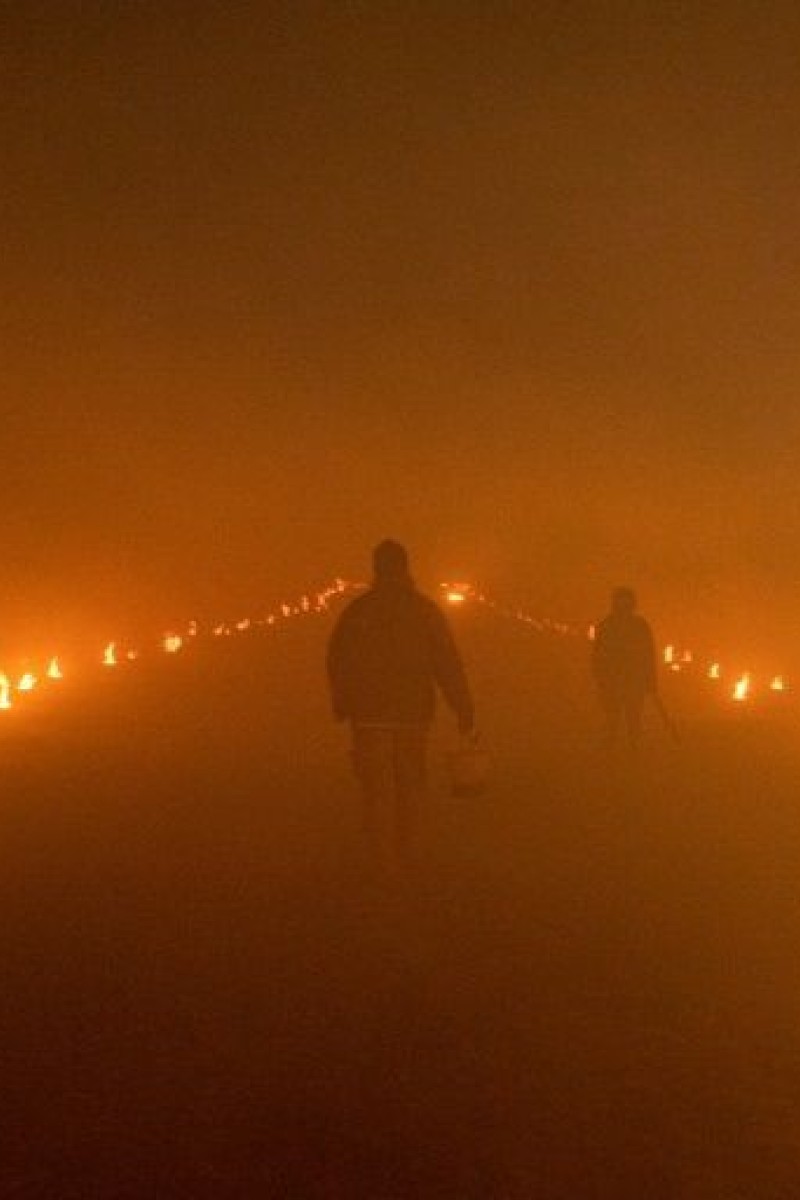
Human activities such food production and energy consumption are major causes of why the Earth is in such bad shape
 The way humans produce, distribute and consume food is especially destructive for the environment.
The way humans produce, distribute and consume food is especially destructive for the environment.Revamping global food production, retooling the financial sector, moving beyond GDP as a measure of progress and other “transformative changes” are needed to save nature and ourselves, a major UN biodiversity report concluded today.
Delegates from 130 nations wrapped up week-long negotiations in Paris on Saturday on the executive summary of a 1,800-page report authored by 400 scientists, the first UN global assessment of the state of nature – and its impact on humanity – in 15 years.
The bombshell Summary for Policymakers, unveiled today, makes for very grim reading.
Up to 1 million of Earth’s estimated 8 million species face extinction, many of them within decades, according to a draft version obtained by AFP.
All but seven per cent of major marine fish stocks are in decline or exploited to the limit of sustainability. At the same time, humanity dumps up to 400 million tons of heavy metals, toxic sludge, and other waste into oceans and rivers each year.
Since 1990, Earth has lost 2.9 million hectares – an area more than eight times the size of Germany or Vietnam – of forests that play a critical role in absorbing record-level CO2 emissions.
The heavily negotiated text does not make explicit policy recommendations, but will serve “as a basis for redefining our objectives” ahead of a key meeting of the UN Convention on Biological Diversity in China next autumn, said Yunne Jai Shin, a researcher at the Research Institute for Development in Marseilles.
But the pressure to set clear targets – similar to the cap on global warming in the 2015 climate treaty signed in the French capital – has sparked calls for a “Paris moment” on biodiversity.
Harmful subsidies
The new report details how humans are undermining Earth’s capacity to produce fresh water, clean air and productive soil, to name a few “ecosystem services”.
The direct causes of nature’s degradation – in order of importance – are shrinking habitat and land-use change, hunting for food or illicit trade in body parts, climate change, pollution, and predatory or disease-carrying alien species such as rats, mosquitoes and snakes.
“There are also two big indirect drivers of biodiversity loss and climate change – the number of people in the world and their growing ability to consume,” Robert Watson, chair of the Intergovernmental Science-Policy Platform on Biodiversity and Ecosystem Services (IPBES), told AFP ahead of the meeting.
The way humanity produces, distributes and consumes food – accounting for a third of land, 75 per cent of fresh water use and a quarter of greenhouse gas emissions – is especially destructive, the report shows.
Fertiliser use, which degrades the soil’s ability to grow plants and absorb CO2, has risen fourfold in just 13 years in Asia, and doubled worldwide since 1990.
“Feeding the world in a sustainable manner entails the transformation of food systems,” the report notes.
Local food production, less demand for meat, fewer chemical inputs, use of renewable power, sustainable limits for fisheries, a sharp decline in tropical deforestation – all are feasible and would help restore nature.
The report also spotlights “harmful subsidies” that encourage environmentally damaging fishing, agriculture, livestock raising, forestry and mining.
A downward spiral
The report cites estimates that tax havens finance about 70 per cent of vessels implicated in unregulated fishing, and an equal share of the soy and beef sectors that are ravaging the Amazon.
The summary for policymakers maps out what Watson calls “several plausible futures,” some inviting, others less so.
One labelled “economic optimism” sees budding international trade unfettered by regulation. Population growth slows, but per capita consumption is high, leading to more climate change and pollution.
A “reformed markets” variant would feature more policies aimed at poverty alleviation and protecting the environment, but consumer demand remains high, if more equally distributed.
“Global sustainable development” would see politicians and the public prioritise environmental issues and strict regulations. Policies and education promote low population growth, sustainable production and a concept of progress based on well-being, not just gross domestic product (GDP). People eat a lot less meat, and energy consumption declines.
“All variations of this archetype are beneficial for biodiversity,” the underlying report says.
In a kindred world, international institutions weaken, but regional ones pick up the slack toward the same ends.
Finally, the last two scenarios – “business-as-usual” and “regional competition” – plunge the planet into a nightmarish, downward spiral of conflict, growing inequality and continuing degradation of nature.
Edited by Charlotte Ames-Ettridge
You might also like:
Climate change threatens Everest, Swiss Alps, and other iconic World Heritage sites
Britain's parliament declares climate change emergency, the first in the world to do so